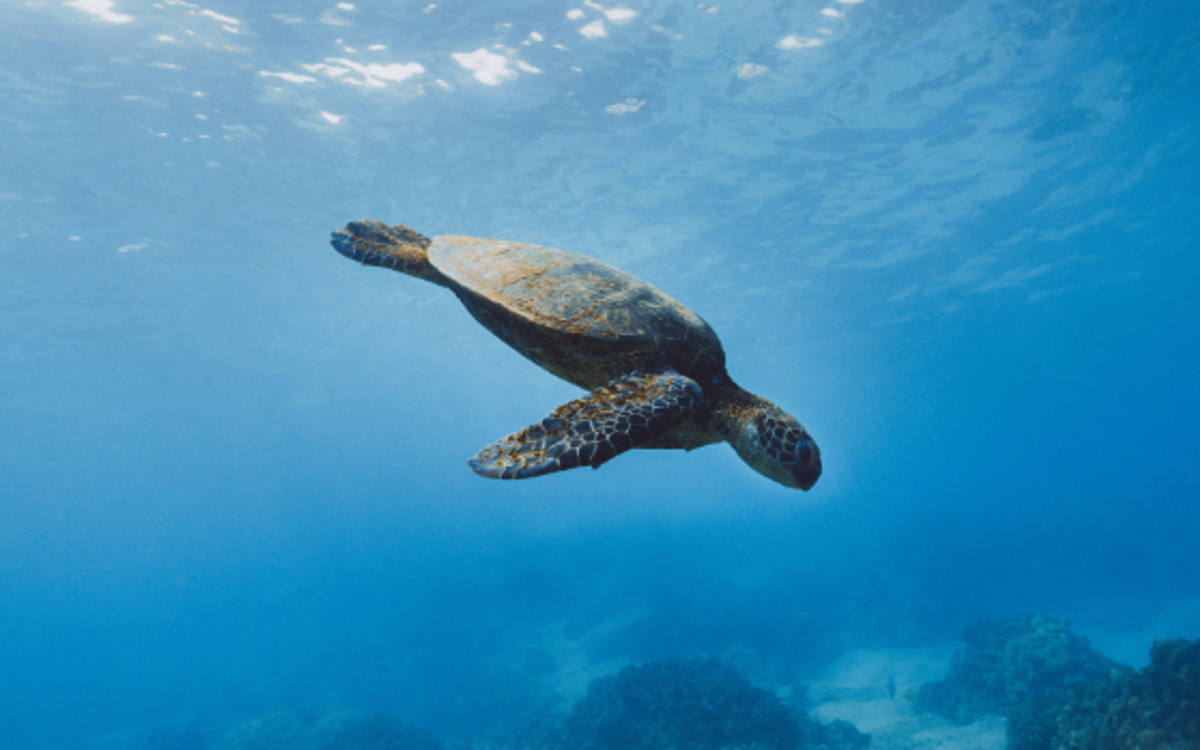
The ACU is expanding its Fellowships scheme with the launch of 35 new Blue Charter Fellowships, thanks to funding from the UK Government's Department for Business, Energy and Industrial Strategy (BEIS).
Designed to help tackle marine pollution, these fellowships will help fulfil the objectives of the Commonwealth Marine Plastics Research and Innovation Framework, and support world-class research and innovation in marine plastics, covering areas such as:
- preventing plastics from getting into the sea
- developing alternatives to plastics
- the potential for cleaning up the seas
- sustainable design
- plastics waste management
- green chemistry, including degradable polymers
- the effects of plastics on aquatic life
- education around plastics use and consumer behaviour
- sociological and media approaches to plastics
Fellows will be hosted by ACU member universities and industry partners in Commonwealth Small Island Developing States – who are directly impacted by the effects of climate change and marine plastic pollution – as well as Canada, India, South Africa and the UK, supporting the creation of new research partnerships.
Dr Joanna Newman, ACU Chief Executive and Secretary General, commented: 'Marine pollution – and the scourge of marine plastics in our oceans – is one of the most pressing issues our global community must confront. Universities are uniquely placed to help solve such challenges – and these Blue Charter Fellowships will enable new research and innovation to flourish through the exchange of people and ideas. I'm delighted that the ACU's expertise in scholarships provision and commitment to supporting academic mobility has once more been recognised with this funding.'
Fellows who are early in their careers will receive support from a specialist mentor with expertise in their area of research. This aspect of the programme is being coordinated by the University of Plymouth, UK, with expert input from Professor Richard Thompson OBE, who runs the International Marine Litter Research Unit.
Professor Richard Thompson OBE, who published a seminal research paper in 2004 which first highlighted the threat of microplastics to the world's oceans, said: 'Marine litter is a global problem and something the whole world is waking up to. But while there is widespread recognition of the environmental impacts plastic is having in our oceans, it is essential to also realise that it can only be tackled by uniting the fields of science, industry, policy makers and consumers. These new Fellowships are a really positive step towards addressing that, using research and partnerships as a means to achieve positive global change. In addition they will help create the next generation of scientists to help take us forward toward cleaner more sustainable use of our oceans.'
Earlier this year, the ACU and Commonwealth Secretariat pledged to work together to drive action on sustainable development in the Commonwealth through education – in the spirit of this pledge, the Commonwealth Blue Charter team will be providing guidance and sharing their knowledge to help guide this programme of work.
Dr Nick Hardman-Mountford, Head of Ocean and Natural Resources at the Commonwealth Secretariat, added: 'The ocean is vital to the sustainability, wellbeing and economies of Commonwealth countries, so they have agreed to work together through the Commonwealth Blue Charter to address the myriad regional and international ocean-related commitments they face. Science and research is vital to inform policy and actions towards achieving these commitments and targets. The Commonwealth Blue Charter provides an action-orientated collaborative mechanism for countries to address ocean issues, and the ACU Blue Charter Fellowships will provide an exceptional opportunity for Commonwealth academic researchers to build their capacity and progress critical research that will feed into this process.'
If you have any queries about the Fellowships, please email communications@acu.ac.uk
Further information
The ACU has been awarded funding by the UK Government's Department for Business, Energy and Industrial Strategy (BEIS) to deliver a programme of work that will support the development of multilateral research partnerships in the area of marine plastics through the ACU Blue Charter Fellowships, as well as carrying out a capacity building audit of research and innovation support needs.
- For all press enquiries, please email press@acu.ac.uk
The University of Plymouth (an ACU member institution) is renowned for high quality, internationally-leading education, research and innovation. With a mission to Advance Knowledge and Transform Lives, Plymouth is a *top 50 research university with clusters of world class research across a wide range of disciplines including marine science and engineering, medicine, robotics and psychology. A twice winner of the Queen's Anniversary Prize for Higher Education, the University of Plymouth continues to grow in stature and reputation. It has a strong track record for teaching and learning excellence, and has one of the highest numbers of National Teaching Fellows of any UK university. With 21,000 students, and a further 17,000 studying for a Plymouth degree at partner institutions in the UK and around the world, and over 100,000 alumni pursuing their chosen careers globally, it has a growing global presence.
* Research Fortnight Research Power League Table 2014.
The Commonwealth Blue Charter affirms our collective commitment to preserving and nurturing the world's oceans. Part of this includes tackling marine pollution – specifically the issue of marine plastics, which are drastically affecting the health of our oceans, marine life, and the Blue Economy. Please visit the Commonwealth Secretariat's website for more information.
